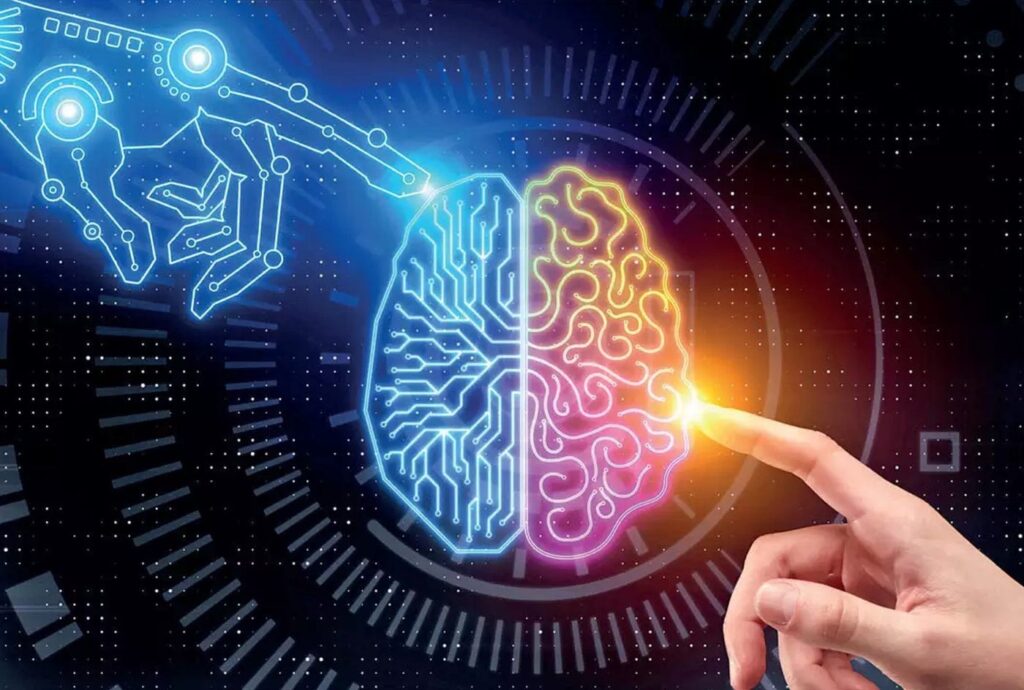Introduction
In recent years, Artificial Intelligence (AI) has emerged as a game-changer in the healthcare industry, revolutionizing the way diseases are diagnosed, treated, and managed. With its ability to analyze vast amounts of data, recognize patterns, and make predictions, AI has paved the way for groundbreaking innovations in healthcare delivery. This comprehensive review explores the multifaceted role of artificial intelligence in driving innovation within the healthcare sector.
- Enhancing Diagnostics and Precision Medicine
AI technologies have significantly enhanced diagnostic capabilities in healthcare. Machine learning algorithms can analyze medical images, such as X-rays, MRIs, and CT scans, with unprecedented accuracy, assisting clinicians in early detection and diagnosis of diseases. Moreover, AI-driven predictive analytics enable personalized medicine by tailoring treatment plans to individual patient characteristics, such as genetic makeup, lifestyle factors, and medical history. This approach not only improves patient outcomes but also reduces unnecessary interventions and healthcare costs.
- Streamlining Healthcare Operations
Artificial intelligence is streamlining healthcare operations by automating administrative tasks and optimizing workflow efficiency. Natural language processing (NLP) algorithms can parse and extract valuable insights from unstructured medical records, facilitating documentation, and decision-making processes. Additionally, AI-powered chatbots and virtual assistants are revolutionizing patient engagement and support services, offering round-the-clock assistance and information dissemination. By reducing administrative burden and improving operational efficiency, AI empowers healthcare providers to focus more on delivering high-quality patient care.

- Drug Discovery and Development
In drug discovery and development, AI is driving innovation by accelerating the identification and optimization of novel therapeutic compounds. AI algorithms can analyze molecular structures, predict drug-target interactions, and simulate biological processes with unprecedented speed and accuracy. This enables pharmaceutical companies to expedite the drug discovery process, reduce development costs, and bring new treatments to market more efficiently. Furthermore, AI-driven approaches facilitate the repurposing of existing drugs for new indications, potentially unlocking new therapeutic avenues for various diseases.
- Remote Monitoring and Telemedicine
The rise of telemedicine and remote patient monitoring has been facilitated by advances in artificial intelligence. Wearable devices equipped with AI algorithms can continuously monitor vital signs, detect anomalies, and alert healthcare providers to potential health issues in real-time. Telemedicine platforms leverage AI-powered video consultations, symptom checkers, and remote diagnostic tools to extend healthcare services beyond traditional clinical settings, reaching underserved populations and improving access to care. By enabling proactive interventions and remote monitoring, AI enhances patient outcomes while reducing healthcare disparities.

- Ethical and Regulatory Challenges
Despite its transformative potential, the widespread adoption of AI in healthcare is not without challenges. Ethical considerations, such as data privacy, algorithmic bias, and patient consent, must be carefully addressed to ensure patient trust and regulatory compliance. Moreover, the responsible use of AI requires robust governance frameworks, transparency, and accountability mechanisms to mitigate potential risks and safeguard patient safety. As AI continues to evolve, ongoing dialogue and collaboration among stakeholders are essential to navigate these complex ethical and regulatory landscapes.
Conclusion:
In conclusion, artificial intelligence holds immense promise for transforming healthcare delivery and driving innovation across the entire spectrum of patient care. From enhancing diagnostics and precision medicine to streamlining healthcare operations and accelerating drug discovery, AI has the potential to revolutionize the way healthcare is delivered and experienced. However, realizing this potential requires addressing ethical, regulatory, and societal challenges while fostering a culture of innovation and collaboration. By harnessing the power of artificial intelligence responsibly, healthcare stakeholders can unlock new opportunities to improve patient outcomes, enhance operational efficiency, and advance the frontiers of medical science.


